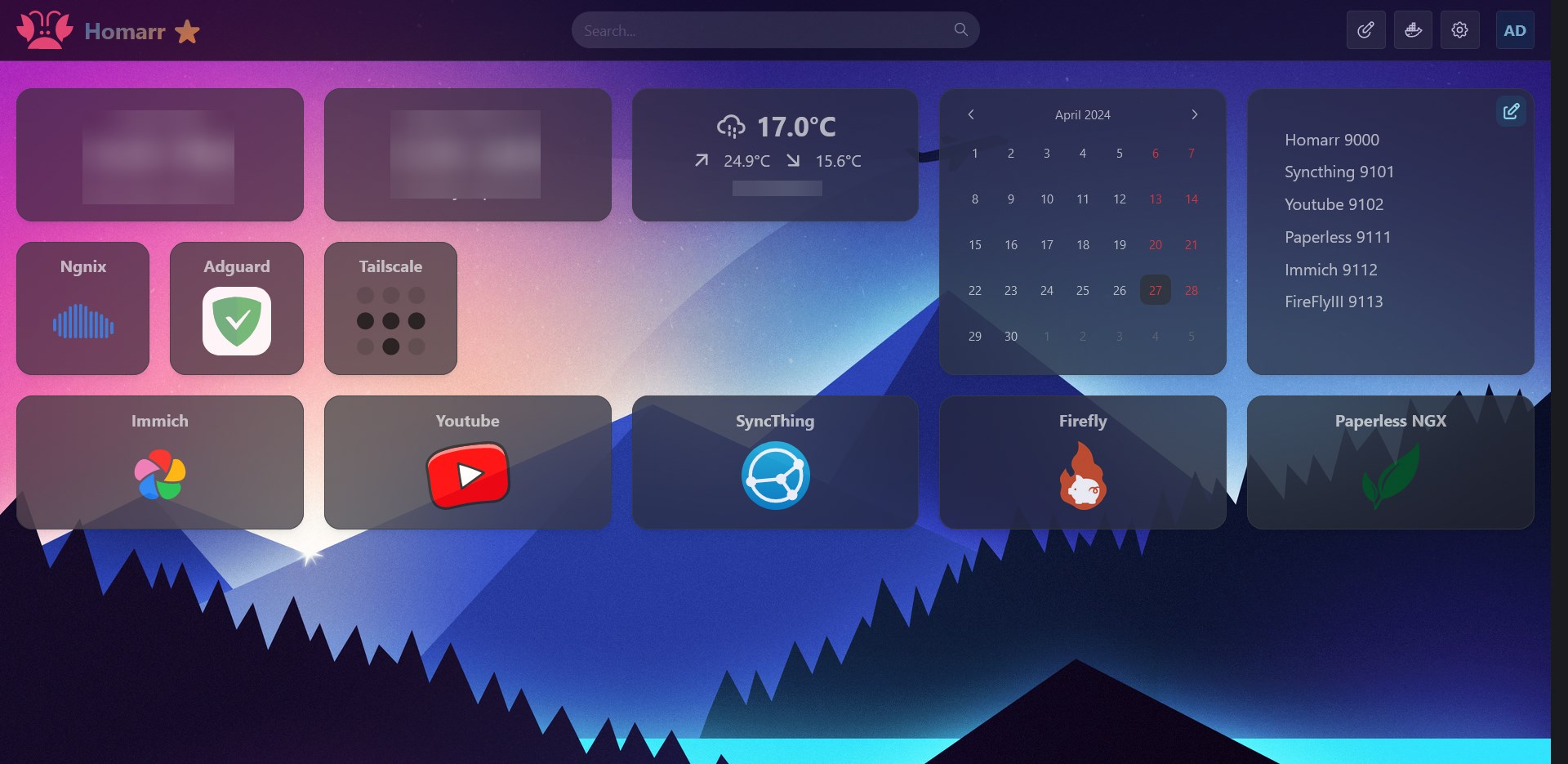Selfhosted
A place to share alternatives to popular online services that can be self-hosted without giving up privacy or locking you into a service you don't control.
Rules:
-
Be civil: we're here to support and learn from one another. Insults won't be tolerated. Flame wars are frowned upon.
-
No spam posting.
-
Posts have to be centered around self-hosting. There are other communities for discussing hardware or home computing. If it's not obvious why your post topic revolves around selfhosting, please include details to make it clear.
-
Don't duplicate the full text of your blog or github here. Just post the link for folks to click.
-
Submission headline should match the article title (don’t cherry-pick information from the title to fit your agenda).
-
No trolling.
Resources:
- selfh.st Newsletter and index of selfhosted software and apps
- awesome-selfhosted software
- awesome-sysadmin resources
- Self-Hosted Podcast from Jupiter Broadcasting
Any issues on the community? Report it using the report flag.
Questions? DM the mods!
view the rest of the comments

Congrats on getting everything working - it looks great!
One piece of (unprovoked, potentially unwanted) advice is to setup SSL. I know you're running your services behind Wireguard so there isn't too much of a security concern running your services on HTTP. However, as the number of your services or users (family, friends, etc.) increases, you're more likely to run into issues with services not running on HTTPS.
The creation and renewal of SSL certificates can be done for free (assuming you have a domain name already) and automatically with certain reverse proxy services like NGINXProxyManager or Traefik, which can both be run in Docker. If you set everything up with a wildcard certificate via DNS challenge, you can still keep the services you run hidden from people scanning DNS records on your domain (ie people won't know that an SSL certificate was issued for immich.your.domain). How you set up the DNS challenge will vary by the DNS provider and reverse proxy service, but the only additional thing that you will likely need to set up a wildcard challenge, regardless of which services you use, is an email address (again, assuming you have a domain name).
Thank you for the* so much wanted advice, it's one of the reasons I actually posted this, to get advices on how to do things better.
I've been trying to do that for a specific service running (firefly) but I can't figure out what to do exactly, about the domain name, Is there a way to do that without one?
You can get pretty cheap domain names if you google around. I managed to get mine for £35 for a number of years (3 I think, I was high when I set it up) and got a .com name out of that.
You could look into DuckDNS. I know I used them many moons ago for Home Assistant but can't quite remember what the capabilities were, I just remember it was free and a bit rubbish. But as a stopgap it works.
Try that for a bit until you have a few quid spare, then get yourself a domain name paid for a while.
ok I just did that and my problem is that I wanted to access my services with a custom domain like .homes
Now I need to access them for x.y.duckdns.org